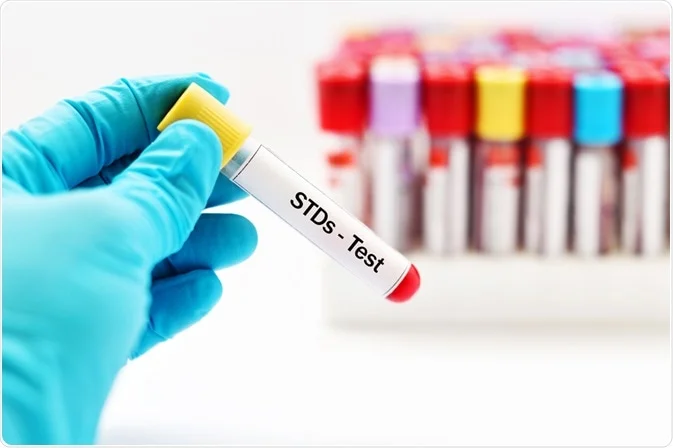Sexually Transmitted Diseases (STDs)
Sexually Transmitted Diseases (STDs)
Book Now
Sexually Transmitted Diseases (STDs)
Sexually transmitted diseases (STDs) are as old as human history and remain a significant public health concern worldwide. These diseases are primarily transmitted through sexual contact, though they can also be spread through other means, such as sperm, blood, and vaginal secretions. The prevalence of STDs is rising within society, and they can also be transmitted through contaminated blood or direct needle exposure. If left untreated, sexually transmitted infections can lead to serious health complications.
These diseases do not always cause visible lesions, so a person may not be aware they are infected. For this reason, individuals who are sexually active, especially after unprotected or suspicious encounters, should have regular check-ups with a dermatologist and undergo blood tests to detect potential infections.
Common Sexually Transmitted Diseases
- Genital warts or Human Papillomavirus (HPV) infection
- Hepatitis B Virus (HBV)
- Hepatitis C Virus (HCV)
- Gonorrhea (The Clap)
- Chlamydia
- Genital Herpes (Herpes Simplex Virus)
- AIDS or HIV Infection
- Pubic lice (Pediculosis Pubis)
- Scabies (Mange)
- Syphilis
- Trichomoniasis (Trichomonas Vaginitis)
Symptoms of Sexually Transmitted Diseases
- Discharge from the penis
- Burning, itching, or pain during urination
- Redness, swelling, or sores on the genitals or surrounding areas
- Frequent urination
- Foul-smelling vaginal discharge
- Abnormal bleeding, particularly between menstrual cycles
- Pain during sexual intercourse
Risk Factors for STDs
- Unprotected sexual intercourse
- Having multiple sexual partners
- Being infected with more than one STD
- Alcohol or substance abuse
- Early onset of sexual activity
- Use of non-sterile needles in intravenous drug use
- Receiving contaminated blood or blood products
Preventing Sexually Transmitted Diseases
- Avoid sexual contact with infected individuals
- Engage in monogamous relationships
- Use condoms correctly and consistently
- Ensure the use of sterile needles in intravenous procedures
The treatment for STDs varies depending on the specific infection.
Genital Warts
Various treatment methods are available for genital warts. The most effective and strongest treatment for eliminating existing lesions is fractional laser therapy.
Make an Appointment
The best way to enjoy a treatment at our salon is to book an appointment with the desired esthetician. Fill in the form below and we will contact you to discuss your appointment.